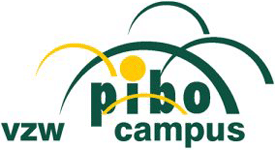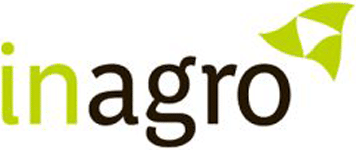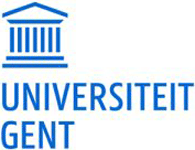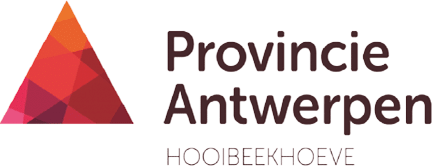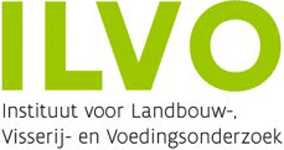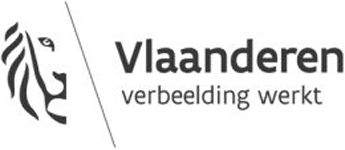This project aims to extend experiences in growing and feeding field beans from organic farms to the common beef (dairy) cattle farming and from the arable region in the west to that in the east of Flanders. The target audience includes both mainstream arable farmers and beef (dairy) cattle farmers.
First, there will be a focus on the cultivation technique of winter field beans. Via demonstration plots the aspects of variety choice, fertilisation and weed control as well as the possibilities of mixed cultivation of field beans with winter cereals are highlighted. The still unprecedented technique of toast of field beans will be demonstrated at one central location with a mobile plant.
Given the low yield potential on light soils and the high soil pressure (l/ha) on specialised dairy farms, these farms should not be expected to grow field beans themselves. Arable farmers, on the other hand, are open to a crop such as field beans, but often have no guarantee of outlets. For now, the compound feed sector is not betting on buying and reselling field beans. However, as with manure and forage (maize), a cooperation or market may emerge in which the arable farmer grows field beans for the cattle (dairy) farmer. Therefore, arable and cattle farmers will engage with each other in contact be brought.
Through a feeding trial with dairy cattle, the effect on the production results and feed balance measured after replacing an amount of soya in the ration with field beans. In addition, experiences with field beans on practice (livestock) farms collected and monitored. In an indirect way, efforts are being made to facilitate the incorporation of an alternative feed such as field beans into dairy rations through a training to consultants On the ration tool recently developed by ILVO.
Tips and recommendations are summarised in a 'cultivation movie' which showcases farmers' demos and testimonials, reflecting key information for the arable or livestock farmer who wants to start field beans.
In addition, on the results communicated be through trial field visits, presentations for LCV-actueel or Veetournee, ..., the digital newsletters and social media of LCV and its partners and the trade press. In a digital brochure will compile the results of the project.

